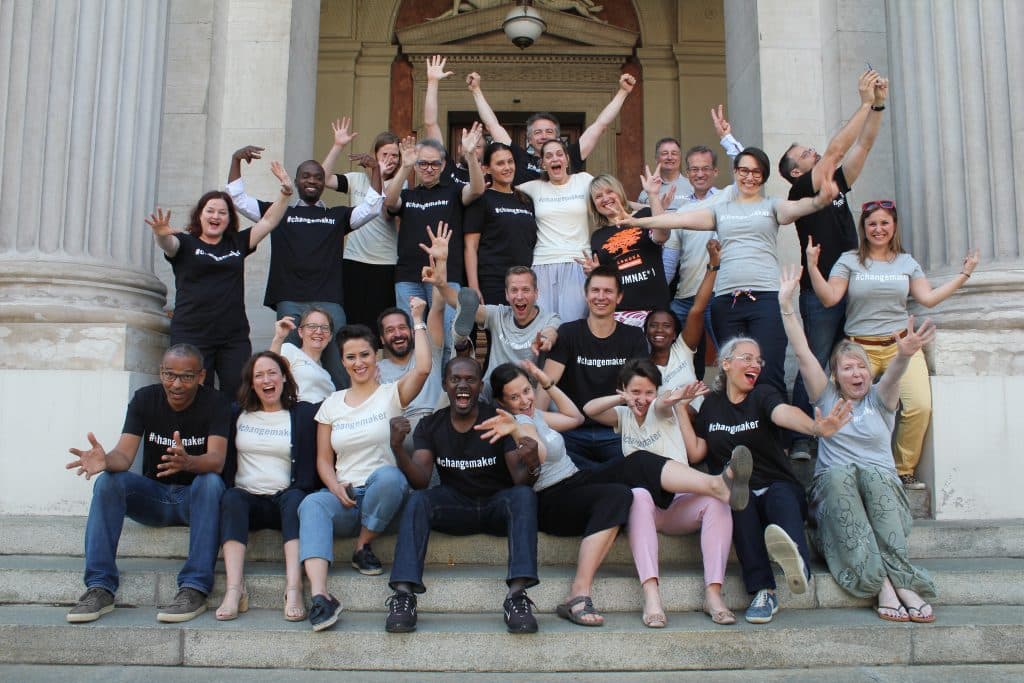People often ask me, what are social enterprises? To get it straight from the start: There is no agreement on this yet, but there are different definitions.
Strictly speaking, social enterprises are enterprises who first have to be profitable like any other business. However, an important difference is that the main business purpose of a social entrepreneur is to solve a social problem. In addition, at least half of the profits must be reinvested in the business and not distributed to the owners. Often, all profits even benefit the target group directly or indirectly.
But there are also softer definitions, as described in Wikipedia and exemplified by Ashoka, the largest organization worldwide, which supports more than 3500 social enterprises with fellowships.
“Social enterprises (social entrepreneurs) aim to solve social problems with innovative entrepreneurial concepts. They try to change the social conditions for a social problem to exist by entrepreneurial means. To do this, they develop business models that are financially self-sustaining.”
Wikipedia
So social entrepreneurs are not only concerned with being profitable, but the impact of their actions is at least as important to them.

Why are social entrepreneurs* so important right now?
We are facing a multitude of social challenges. Climate change, refugees and internally displaced people, social injustice and demographic change are just a few examples. So far, solutions have too often been aimed at alleviating the symptoms instead of tackling the root causes. We need a rethink here! Social entrepreneurs bring exactly this claim and approach our social challenges with innovative and future-oriented solutions holistically.
I see this rethinking and the systemic approaches of many social entrepreneurs as the right way to achieve the UN’s Sustainable Development Goals.


